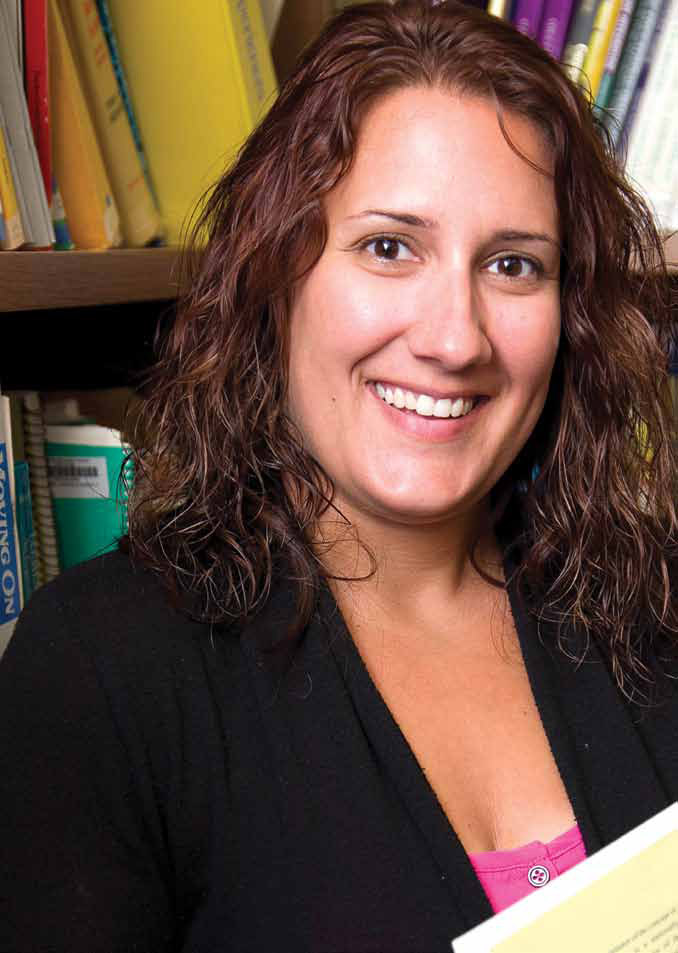Posted on March 20, 2018 by Laura Forsythe
Phillip Baker explains the opportunities being provided by this program for Indigenous Education Assistants in Manitoba to gain a degree in the field of education.

CATEP is designed to provide Aboriginal Educational Assistants with the opportunity to complete the requirements of the Integrated BA/BEd, while continuing to work full-time in a partner school division.
From its website: ”
About CATEP
ACCESS Education Programs

A joint venture between The University of Winnipeg Faculty of Education, Manitoba Entrepreneurship, Training and Trade and our partner school divisions.
If you share a passion for education and fostering the development of children and teens, the opportunity to take your career one step further is available. You can attain a university degree and become a certified teacher while working in a school as an Educational Assistant through the Community-based Aboriginal Teacher Education Program (CATEP).
It has long been recognized that there is an under-representation of Aboriginal people in the teaching profession. CATEP is designed to provide Aboriginal Educational Assistants with the opportunity to complete the requirements of the Integrated BA/BEd, while continuing to work full-time in a partner school division.”
https://www.uwinnipeg.ca/access-education/catep/index.html
Posted on by Laura Forsythe
Stefan Gislason describes the Neah Kee Papa mentor program for Métis and Indigenous fathers.

The Neah Kee Papa Program is a parenting enhancement program for current, new, or soon-to-be Métis fathers. The ten-week program is designed to encourage and promote the role of fathers. The program offers men information and resources to become more actively involved fathers.
For more information on the Neah Kee Papa mentor program, click here.
Posted on by Jeremiah Sharpe
With a variety of programs support for the Inuit community comes from the Manitoba Inuit Association.

Manitoba Inuit Association strives to assist the Inuit community across the province, offering a variety of services.
From its website:
- ”To build a vibrant Manitoba Inuit community by connecting Inuit through activities and initiatives that sustain and build Inuit culture, values and language
- Improve education, employment and training outcomes for Inuit in Manitoba
- Develop research partnerships that help improve the health status for Inuit in Manitoba
- Improve housing and food security for Inuit in Manitoba
- Foster organizational capacity and innovation”
Posted on by Casey Leslie
The Indigenous Language Instructors Program is a teacher education program based out of Lakehead University in Thunder Bay, Ontario.

Casey Leslie speaks with Bryanna Scott (Indigenous Education Program Coordinator) & John O’Meara (Dean of Education) at Lakehead University.
The Indigenous Language Instructors Program is a teacher education program based out of Lakehead University in Thunder Bay, Ontario. It is a language program aimed at training fluent speakers in 1 of 4 Algonquin Languages (Ojibway, Cree, Oji-Cree, Delaware) to teach the languages in classrooms across Ontario.
Posted on by Marion Erickson
Margaret Mattess, Principal of Eugene Joseph Elementary discusses their approach to educating Indigenous youth.

This interview is with the Principal of Eugene Joseph Elementary, Margaret Mattess. Eugene Joseph Elementary is located in Tl’azt’en.
”Education is a continuous process that enables each Tl’azt’enne to reach her/his fullest potential. The roots of education are planted in families, cultural values and traditions.
Individual growth is dependent on a team of educators committed to the principles of motivation, encouragement, support and success.
At Eugene Joseph Elementary we are proud of our students, our parents and our community. We believe that all students, given the right support, can learn at a high level. We expect that all students will graduate and go on to some form of post-secondary education.” from the website http://tlaztennation.ca/eugene-joseph-elementary/
























